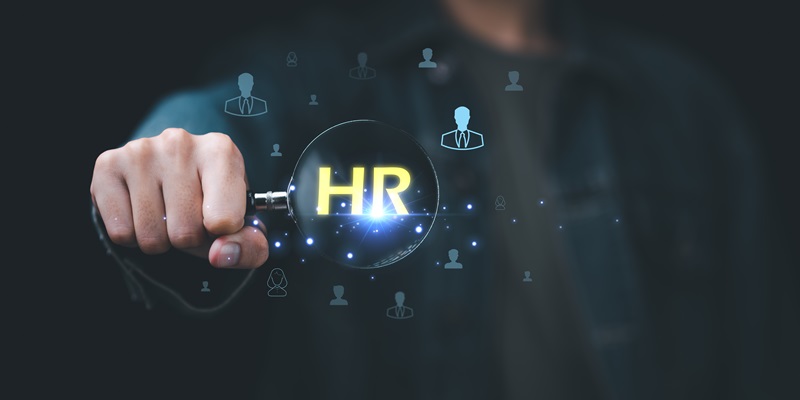Artificial Intelligence (AI) has revolutionized the human resources (HR) sector, streamlining the recruitment process and improving the overall employee journey. This technological boon aids HR in various ways—from sourcing candidates to facilitating their professional growth and promoting workplace fairness. AI analyzes data to match job descriptions with potential candidates more effectively, automating screening processes, and making hiring more efficient. Once hired, AI-driven tools can personalize training, track performance, and suggest career advancement opportunities, offering a tailored approach to employee development. Additionally, AI can uncover unconscious biases in recruitment and appraisals, guiding toward a more diverse and inclusive environment. As AI continues to evolve, its role in HR is becoming increasingly integral in crafting a more dynamic, equitable, and efficient workplace.
Optimizing Recruitment with AI
The recruitment phase is the first contact an employee has with an organization, and AI has significantly changed how this process is managed. Sophisticated machine learning algorithms are now capable of parsing immense volumes of resumes, quickly identifying the most promising candidates by matching their qualifications with job requirements. This level of efficiency was previously unheard of and has allowed recruiters to focus on the nuanced aspects of talent acquisition that cannot be automated.
In addition to aiding in the selection of candidates, AI plays a pivotal role in interview coordination. It smartly navigates through the calendars of both interviewers and interviewees to propose optimal scheduling, stripping away the arduous back-and-forth communication that once typified this stage. This seamless approach to arranging interviews not only speeds up the recruitment cycle but also enhances the candidate’s experience by demonstrating respect for their time and availability.
Enhancing Employee Development with AI
Once on board, an employee’s growth within the company becomes a key concern for HR. AI is instrumental in this area, analyzing performance data to shine a light on each employee’s strengths and growth opportunities. These insights enable HR to craft tailored training programs and career advancement pathways that align with individual aspirations and company goals. As a result, employees feel valued and invested in, which is crucial for retention and satisfaction.
Objective assessments are the bedrock of fair employee evaluations, and AI supports this by minimizing personal biases. AI-driven assessments focus solely on performance metrics, leading to a more equitable appraisal process. This objective approach to evaluations is essential for cultivating a diverse and inclusive workplace, where promotions and opportunities are based on meritocracy rather than unconscious bias.
AI in HR: Balancing Technology and Humanity
As AI continues to evolve, its integration into HR practices is imperative for maintaining a competitive edge. However, it is critical to highlight that while AI excels at handling repetitive tasks and mitigating biases, it cannot replace the essential human elements of intuition and empathy. HR professionals must therefore strike a balance between leveraging AI’s strengths and preserving the human touch that is so vital for understanding and managing complex interpersonal relationships within the workplace.
In conclusion, AI has largely been a force for good in HR, enhancing efficiency and promoting fairness. As organizations continue to integrate AI into their HR strategies, they are likely to see not only a smoother and more effective management of the employee lifecycle but also a significant improvement in overall workforce satisfaction and productivity. The key to success lies in blending the best of what AI has to offer with the invaluable human qualities that are the hallmark of great HR management.

